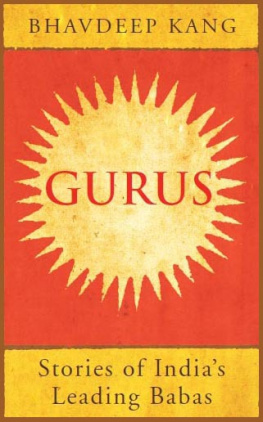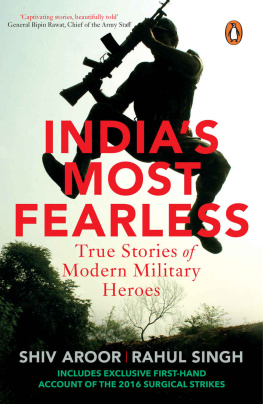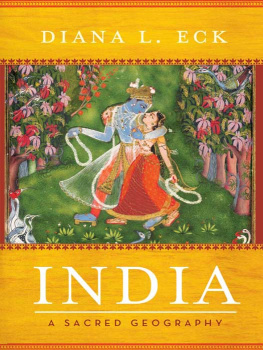NOTES OF A MEDIOCRE MAN
STORIES OF INDIA AND AMERICA
ESSENTIAL PROSE SERIES 130
NOTES OF A MEDIOCRE MAN
STORIES OF INDIA AND AMERICA
Bipin Aurora
GUERNICA TORONTOBUFFALOLANCASTER (U.K.)
2017
To Joel Aurora, John Robbins, and Rajive Aurora
Munnu Shunnu
T he two brothers in school, how can one forget them? Their ranks were the lowest in class. In sports they were the worst. But the stories they came in with, always the stories.
A camel has been found, sir, found dead in the sand.
A madwoman has been found, sir: in her right hand is a bag of burlap, in her left hand a red brick.
A submerged temple has been found, sirthe water dry, the temple has risen to the ground. In the inner shrine the picture of God is still intact.
The teacher would grow angry at them, he would ask them where they had heard these stories.
But the boys would grow silent.
Tell me.
The boys would not answer. And then:
There is a nice woman, sir.
A nice woman?
She can read in her sleep, sir. She can pray in her sleep. She can cook food in her sleep, sir, she can even knit sweaters.
The teacher would be furious at their words, he would slap them.
Useless boys, he would say. Foolish boys. Have you no shame?
But this is the way they were. This is just the way they were.
The boys would return to their desksthey would sit there in silence.
But then, a few minutes later (only a few)or at least the next day:
We saw a cricket match, sir.
What is this?
The ball hit the bat, sir, the bat hit the ball. But this was not all. A crow came, sir (a black crow): it took the ball away.
What is this?
The crow, sir, it was a black crow. It took it to the temple, it took it to the market. Even to Dubai, sir (they were having a fair there, a nice fair)it took it there as well.
The teacher would look at them, look in amazement. Was it in awe as well?
***
The two brothersno, we had never seen anyone like them. Where they came from, no one knew. Who their father was, no one knew. One day they had come to schooljust like that they had come.
I am Munnu.
Yes.
This is my brotherhe is Shunnu.
Yes.
And like thatjust like that they had come.
There was a green bagit was over the shoulder of Munnu. There was a red bagit was over the shoulder of Shunnu. And like thatjust like that they had come.
They were different, so different from the rest of us. We had never seen anyone like them.
We were fair-skinned; they were dark. We had hair on our heads; their heads were shaved (only a small tuft at the back). We wore shoes. They came in their bare feet. We wore shorts (and sometimes pants); they came in their white pajamas.
And yes, here they were.
The teacher would walk down the rows of the class, he would stop at their desk.
Five and five? he would say.
Nine.
How many grams in a kilogram?
Three.
The highest mountain in the world?
Silence.
Useless boys! the teacher would shout. Foolish boys. Have you no shame?
Useless boys, yes, foolish boys, yes. But this is the way they were. This is just the way they were.
The teacher would recite a lesson, they would try so hard to follow it. The teacher would recite a lesson, they would recite with everyone else in return.
And Rangoon is the capital of Burma.
And Rangoon is the capital of Burma.
And eight times nine is seventy-two.
And eight times nine is seventy-two.
And water becomes water vapor and goes to the sky.
And water becomes water vapor and goes to the sky.
The teacher would recite a lesson, how hard they would try to follow it. But when the lesson was over, did they retain any of it? Ask them five minutes later (or even one), did they rememberremember anything at all?
The capital of Burma?
Sir?
Eight times nine?
Sir?
What happens to water
Water from the fridge, sir, it is nice and cold. The poor people do not have it. But water from the fridge, sir, is it not a good thing?
Water from the fridgewhat kind of answer was that? But this is the way they were.
***
The teacher was a strict man, he tried to make an example of the boys. Sometimes he slapped them. Sometimes he made them come to the front of the class. In front of the others, he pulled on their ears (the ears turned red). In front of the others, he asked them to extend their hands. The cane was in the air; the cane made a slice through the air and it came down.
But do you think it helped?
We are stupid boys, they said.
We are the worst boys, they said.
You punish usis it not right that you punish us? they said.
The boys felt that they were being punished. They felt that they were being rightly punished. But the lesson to be learned, did they learn that?
The school session ended, the report cards came out. And their rankswas it any surprise?were the lowest in the class. There were thirty-seven students in the class. Sometimes Munnu was thirty-six, Shunnu thirty-seven. Sometimes it was the other way around.
Their ranks were the lowest, yes. But the brothersand this was also a part of their strangenessdid not seem concerned. In fact when the report cards came out, they asked, So Praveen, what rank were you?
I was eight.
And then Munnu would say, I was thirty-six.
And Shunnu would add, I was thirty-seven.
They asked their questions matter-of-factly. They offered the information about themselves matter-of-factly as well.
One time the brothers were asked, Are you not jealous that the others finish ahead of you?
Oh no, they said.
But the others finish ahead?
We are so happy for them. How intelligent they are. How proud their parents must be of them.
Perhaps the boys were telling the truth, perhaps they were pretending. But in this way they spoke.
***
The teacher was a strict manfrom Sialkot he came. When partition had come, he had left his home, he had come to Delhi.
Sometimes the teacher would walk around the room, he would tell a story. And how the brothers would come to life!
It is a good story, sir.
Tell us another story, sir.
The story, sir, is it not a good thing?
Their ranks were the lowest. They had trouble following their lessons. But when the teacher told a story (and sometimes he dideven he), how their minds came to life!
Sometimes the teacher would walk around the room, he would say to the children: You children, you do not listen. Or else: You are too spoiled. Or else: You do not know the meaning of discipline. And then he would tell a story about the time that he had been a child. The teachers had been so strict that if you made any noise in the classif you so much as sneezed or dropped an eraser to the flooryou would be punished.
The other students thought that the teacher was silly, old-fashioned, too strict; and behind his back they laughed at him.
Only the brothers did not laugh: We like the teacher, they said. He is a good teacher, they said.
In the days of old, said the teacher, the boys showed respect for the teacher. They swept the teachers house, they did the shopping. They chopped the wood and they brought daily offeringsofferings of milk and curd, of vegetables and fruit.
Again the other children sneered at the teacher, they laughed. So students were not students, they said, they were

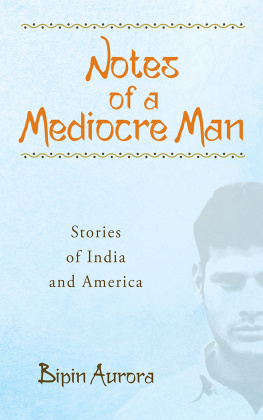
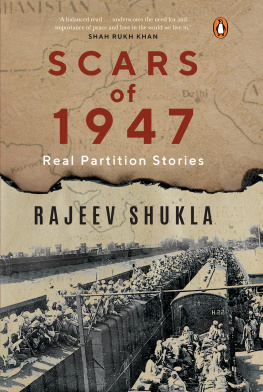
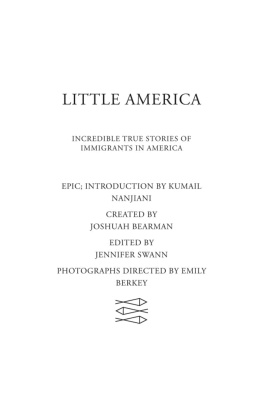

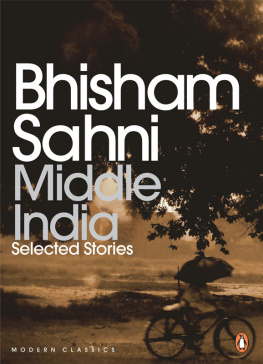
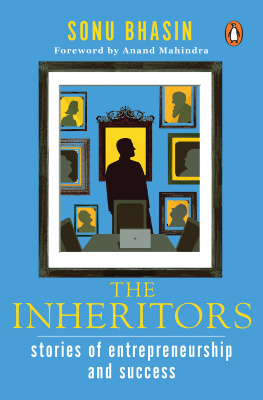
![Gandhi - Gandhi: [the true man behind modern India]](/uploads/posts/book/175484/thumbs/gandhi-gandhi-the-true-man-behind-modern-india.jpg)
